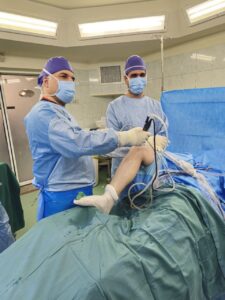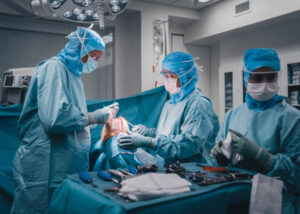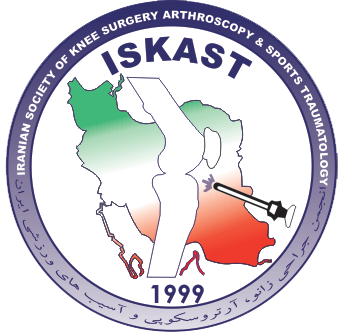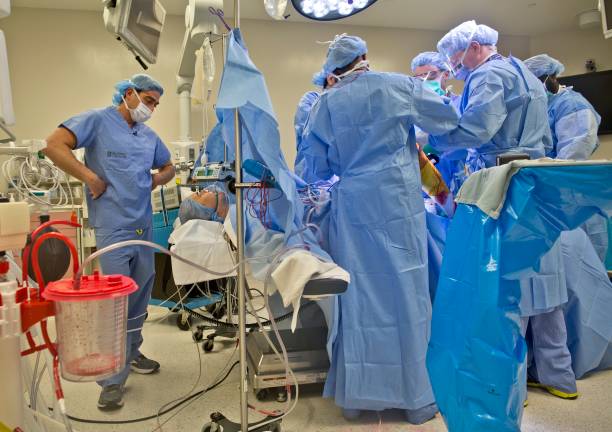Continuing education and enhancing surgical skills play pivotal roles in ensuring high-quality patient care and advancing the field of surgery. Let’s delve into the significance of these aspects:
Contents
Continuous Professional Development (CPD)
- Lifelong Learning: Surgeons must engage in lifelong learning to stay abreast of the latest advancements, techniques, and research. CPD focuses on individual needs, allowing surgeons to adapt to evolving medical practices throughout their careers1.
- Adapting to Change: Health care is undergoing significant transformation, and surgeons need to adapt. CPD equips them with the knowledge and skills necessary to provide optimal patient care even amidst challenges1.

More Read
Practice-Based Learning and Improvement (PBLI):
- Identifying Areas for Improvement: PBLI involves a cycle of four steps. Surgeons identify areas where improvement is needed, whether related to surgical techniques, patient outcomes, or safety protocols.
- Engaging in Learning: Surgeons actively seek out educational opportunities, workshops, and simulations to enhance their skills.
- Applying New Knowledge and Skills: Learning is valuable only when applied in practice. Surgeons integrate new information into their daily work.
- Checking for Improvement: Regular assessment ensures that changes lead to positive outcomes. PBLI fosters a culture of continuous improvement1.

Patient Safety and Quality of Care:
- Evidence-Based Medicine: Continuing education ensures that surgeons are aware of the best evidence-based practices. Implementing evidence-based approaches enhances patient care and safety.
- Accountability: Stakeholders demand greater accountability from health care professionals. Surgeons who actively participate in education demonstrate commitment to patient well-being1.
Simulation-Based Training:
- Safe Transfer of Knowledge: Surgical education programs, especially those involving simulation, facilitate the safe transfer of newly acquired knowledge and skills to real-world practice1.
- Competency Assessment: Competency cannot be assumed based on isolated skills. Surgeons need comprehensive training and assessment to feel confident and ready to operate independently2.
In summary, continuing education empowers surgeons to adapt, improve, and provide exceptional patient care. It’s a commitment to lifelong learning and patient safety, ensuring that surgical practices evolve alongside medical advancements3.




